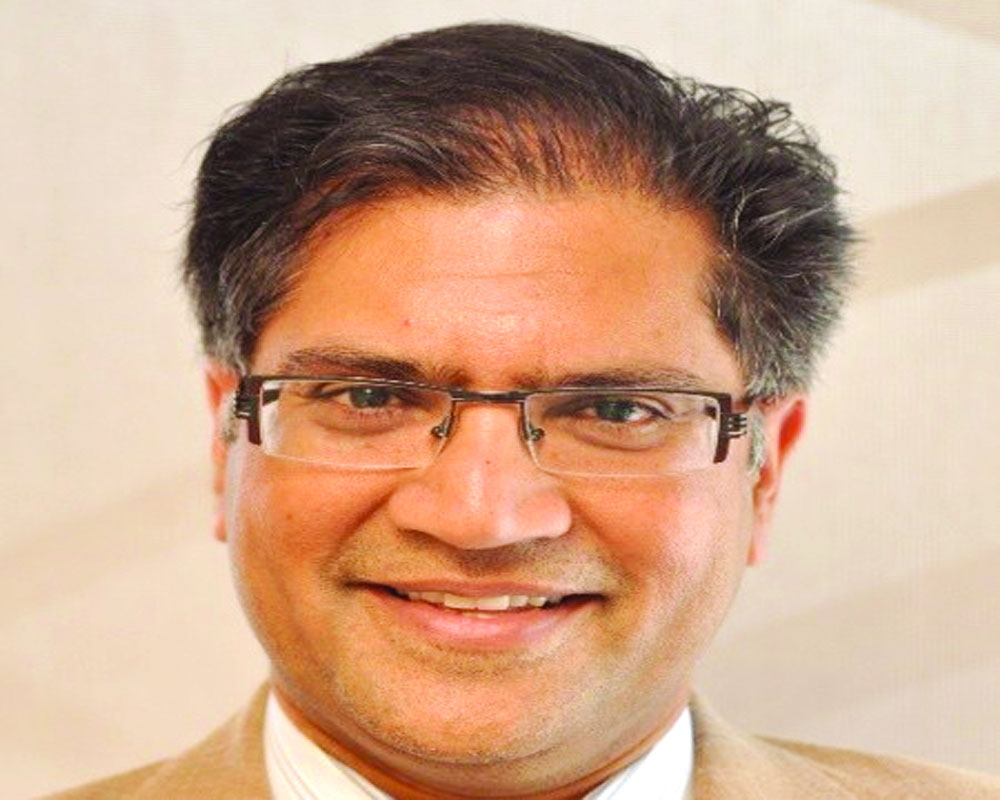Can gene therapy provide hearing for children born with hearing loss due to auditory neuropathy, a condition caused by the disruption of nerve impulses travelling from the inner ear to the brain? Pioneer Health shares details of the world’s first trial to provide hearing for children with a rare type of genetic hearing loss kicked off in a UK hospital
Up to 18 children under the age of 18 years from three participating countries – the UK, Spain and the USA – will be included in the trial and followed up for five years to see the extent to which their hearing improves.
Auditory neuropathy can be due to a variation in a single gene – known as the OTOF gene – which produces a protein called otoferlin. This protein typically allows the inner hair cells in the ear to communicate with the hearing nerve. Mutations in the OTOF gene can be identified by standard NHS genetic testing.
Children with profound hearing loss face barriers developing communication skills and may miss developmental milestones if the right support is not provided from the start.
Professor Manohar Bance, an ear surgeon at Cambridge University Hospitals NHS Foundation Trust, is the chief investigator for the trial.
The aim is to see if the treatment can provide them with better quality hearing compared to cochlear implants.
Children with a variation in the OTOF gene are born with severe to profound hearing loss, but they often pass the new-born hearing screening so everyone thinks they can hear. The hair cells are working, but they are not talking to the nerve. Gene therapy for otoferlin deficiency is the right starting point for young children because it’s among – if not the most – simple approaches for treating hearing loss; everything else should be intact and working normally. Although experimental, the therapy could also potentially result in better quality hearing compared to cochlear implants. But we have a short time frame to intervene because the young brain is developing so fast, says Professor Manohar Bance
Intervening later in life becomes less effective as children may never fully form the ability to process the sounds of speech. If successful for OTOF-related hearing loss, gene therapy treatments could be extended to include people with hearing loss due to other more common genetic conditions.
It’s really important that we get the first gene therapy treatment right because it will allow us to proceed to treating other genetic conditions, he says.
Gene therapy aims to deliver a working copy of the faulty OTOF gene using a modified, non-pathogenic virus. It will be delivered via an injection into the cochlea during surgery under general anesthesia. The procedure is similar to cochlear implant surgery, the current standard of care for OTOF-related hearing loss.
The trial will consist of three parts, which must be done in order, with children receiving:
- A starting dose of gene therapy (DB-OTO) in one ear only.
- A higher dose of gene therapy in one ear only, following proven safety of the starting dose.
- Gene therapy in both ears with the optimal dose selected after ensuring the safety and effectiveness of DB-OTO in parts 1 and 2.
- If the gene therapy is not effective for a child 6 months after treatment, the family can choose to receive a cochlear implant in the treated ear(s).
Participants will be monitored for five years to gauge whether their hearing improves, with initial results expected to be published next February.
“"At RNID we are committed to a future where effective treatments for hearing loss are available for those who need and want them. Gene therapies have the potential to offer long lasting and permanent treatments for hearing loss, rather than merely managing the symptoms as hearing aids do.
“We welcome this pioneering trial, which we hope will lead to a treatment for children with OTOF related hearing loss and pave the way towards treatments for other genetic conditions," said Ralph Holme, Director of Research and Insight at RNID said.
This is a significant development that will be of great interest to families of deaf children whose deafness is caused by a variation in the OTOF gene. The trial will help us to understand more about the effectiveness of gene therapy in improving hearing where deafness has a specific genetic cause. While some families will welcome being able to access this trial, it should be emphasised that with the right support from the start, deafness is not a barrier to achievement or happiness.
Our role is to support families to make informed choices on whether they want to take up new treatments like this one which have the potential to mitigate the challenges their child might face, said Martin McLean, Senior Policy Advisor at the National Deaf Children’s Society
The trial is sponsored by Regeneron Pharmaceuticals, Inc and supported by the National Institute for Health and Care Research (NIHR) Cambridge Clinical Research Facility and NIHR Cambridge Biomedical Research Centre.


























